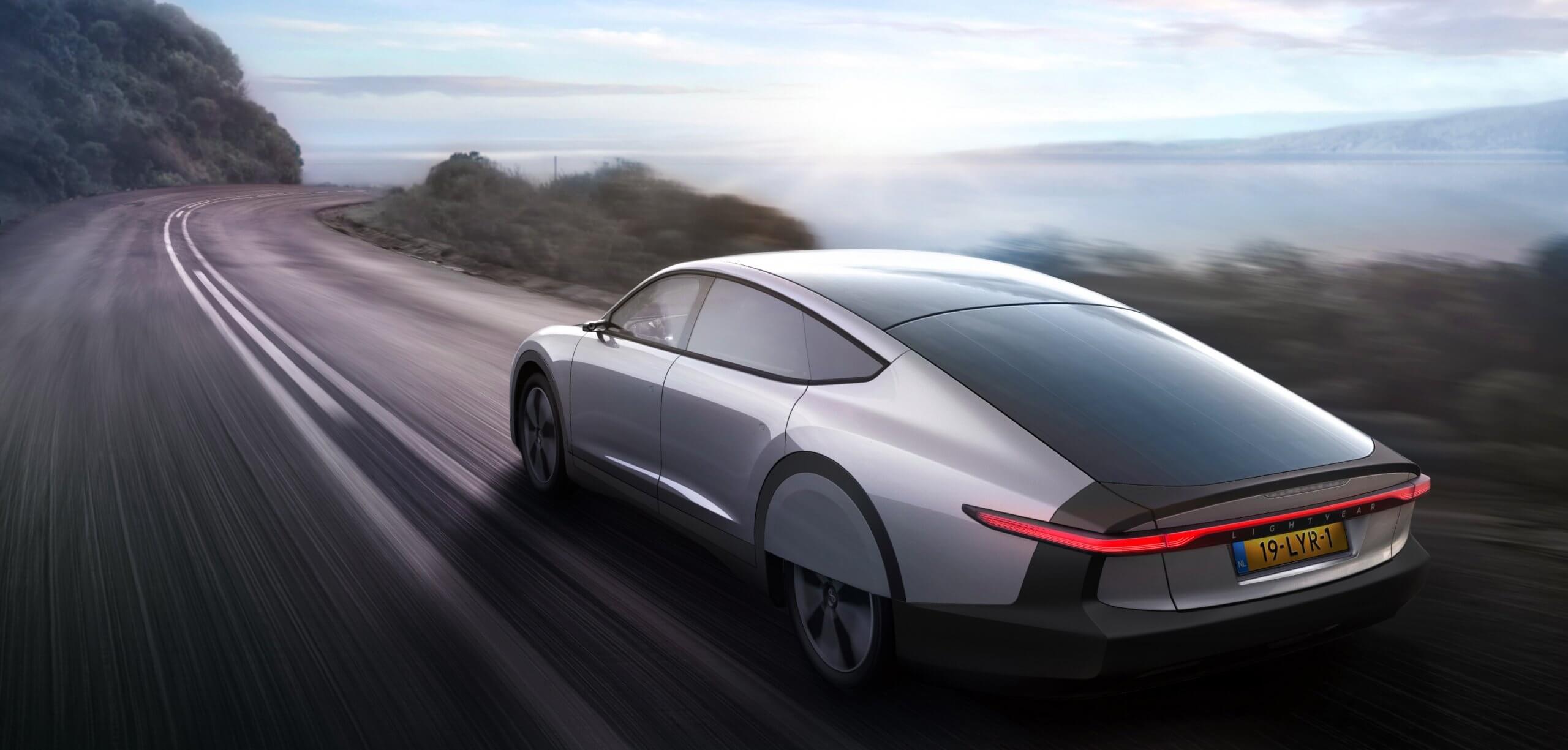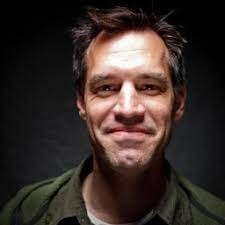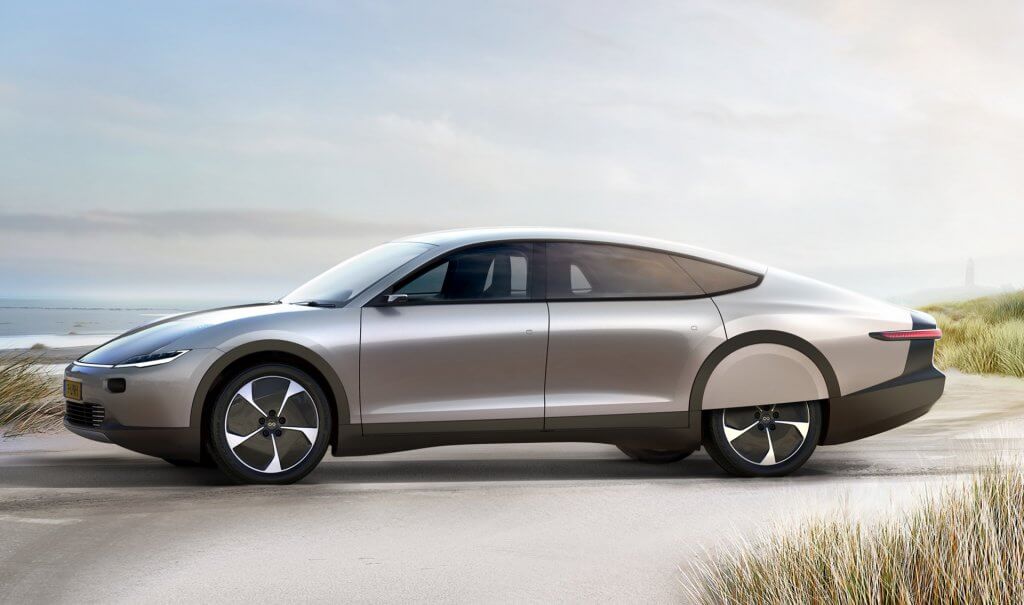Climate change and sustainable development

Revolution in Suriname ?
MIT Technology Review / James Temple
Amsterdam, January 6, 2021– No way to escape today.

Whether you are in Timbuktu or Antarctica, but in addition to climate change, a broad sustainable energy – but especially the digital and educational – transformation policy is a necessity for countries that want to experience a long-term development towards a better, more stable and fairer prosperity.
Rapid increase in use of sustainable energy sources such as wind and sun and relatively clean natural gas. The International Energy Agency estimates that this energy capacity will increase by 60% over the next five years.
This makes it equal to electricity generated by fossil fuels and nuclear energy. Bloomberg, however, predicts that by 2030 almost 30% of new cars will be electric.

Companies are making great strides in developing ‘green’ steel and ‘green’ fossil-free cement. Meat substitutes are becoming popular faster than expected. The extraction of CO2 from the air is being carried out on an increasingly large scale.
Climate and ‘green tech’ companies are popular with private equity firms, which have invested 30 billion (in the US). lean, Temple says.
The progress that has been made that makes global warming appear to have slowed (not: brought to a halt) is due to the continued nagging and nagging of activists, government subsidies, entrepreneurial inventiveness, and economies of scale. So paying attention to climate change makes sense, because it leads to results.
And we’re not there yet, Temple says.
Not yet.
But it is an incentive to stop panic-mongering now, he says. And there I wholeheartedly agree with him. In a survey of 10,000 young people aged 16 to 25 in England last year, a whopping 56% agreed with the statement, “Humanity is doomed.” The senior energy editor at MIT Technology Review, Temple, writes.
That increasingly looks like climate change will not lead to extreme scenarios.

That is a different sound than what we have been hearing, reading and seeing on national and international forums and media in recent times.
If you add up all the climate policy that is already being implemented, you arrive at a temperature increase of 2.7ºC in 2100, according to Climate Action Tracker. The IPCC has as an ‘intermediate scenario’ an increase from 2.1C to 3.5C. The doomsday scenarios that the IPCC has used for a long time, with temperature rises of 5C or more, are less and less quoted.
How can that be? What is true, what is reality?
Fostering this kind of pessimism is irresponsible and also counterproductive.
It undermines the messenger’s credibility. Moreover, it can lead to defeatism among the listeners, viewers and readers.

The same goes for people who shout: ban all fossil fuels. Liquidate oil companies? Or even: get rid of current capitalism, the source of all evil. If we did, we’re doing more damage than we do good, Temple says.
After January 25 (of this year still ) you will receive much more news from eyesonsuriname. By then we have listened to and spoken with another leading international scientist who has a real view on it and we are much better informed and are happy to share that.
Anton JieSamFoek









